On Tuesday, U.S. President Donald Trump issued an executive order imposing stricter regulations on federal elections, including a requirement for proof of citizenship when registering to vote. This move comes as the Republican leader continues to argue that the election system is biased against him.
Experts quickly criticized the executive order, calling it an overreach of presidential authority that could potentially disenfranchise millions of voters. Civil rights organizations have already vowed to challenge the order in court.
Trump, who is in his second term, has consistently refused to accept his loss to Joe Biden in the 2020 presidential election, and he continues to push unfounded claims of widespread election fraud—particularly in absentee voting, a method that has gained widespread use across the country.
"Some people might think I shouldn’t be complaining because we won in a landslide last November," Trump remarked as he signed the order at the White House. "But we’ve got to fix our elections. This country is so sick because of the fake elections, and we’re going to fix it, one way or the other."
Under the new rules, individuals will be required to provide proof of citizenship—such as a passport—when registering to vote in their state. States that do not adhere to the directive could face reductions in their federal election funding.
The executive order also gives the attorney general the authority to take action against states that fail to comply with the directive, particularly those that count absentee or mail-in ballots received after Election Day. Several states permit absentee ballots to be counted if they are postmarked by Election Day.
Richard Hasen, a law professor at the University of California, Los Angeles, warned that the order could "dangerously disenfranchise millions of voters." On his Election Law blog, Hasen referred to the executive order as a "power grab" and pointed out that election procedures are generally under state jurisdiction, with Congress setting the rules for federal elections.
The Brennan Center, a nonprofit policy institute, condemned the order, stating on X that it "would block tens of millions of American citizens from voting" and asserting that presidents do not have the authority to implement such changes.
The American Civil Liberties Union (ACLU) also criticized the order, calling it "an extreme abuse of power" and promising to pursue legal action. "We’ll see him in court," the ACLU declared.
Voting in U.S. federal elections by non-citizens has been illegal for decades, carrying penalties such as fines, imprisonment, and deportation.
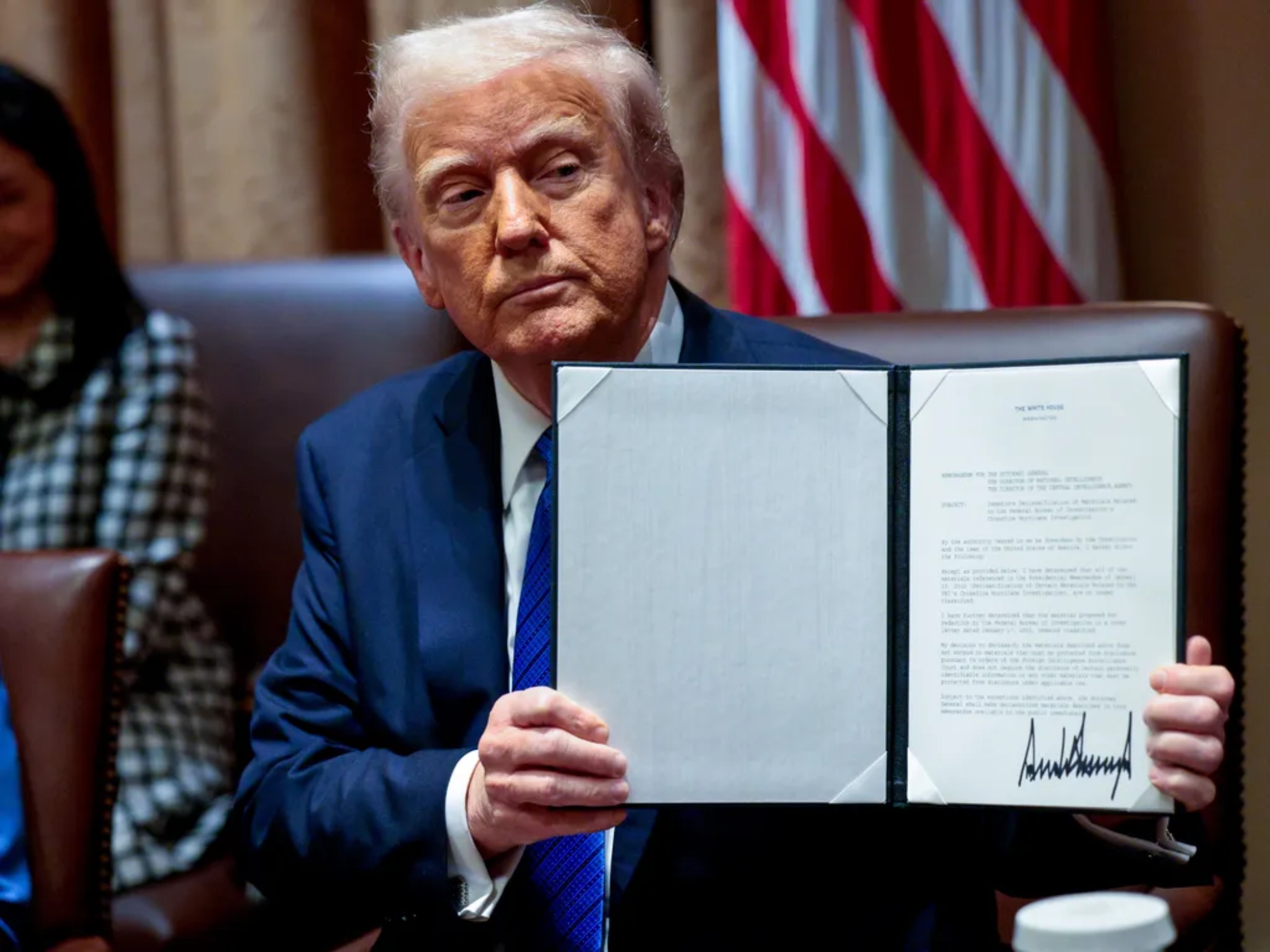

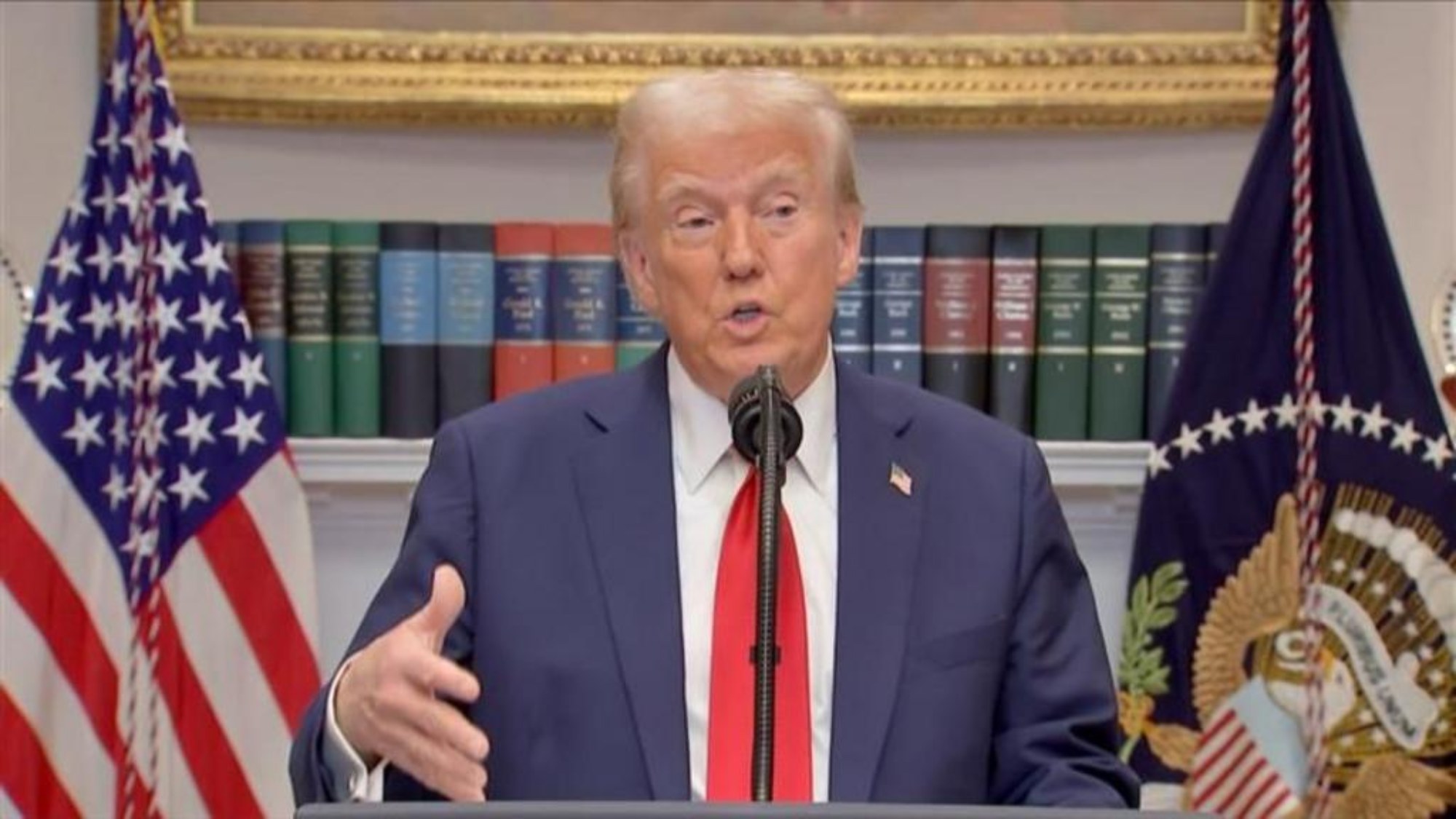
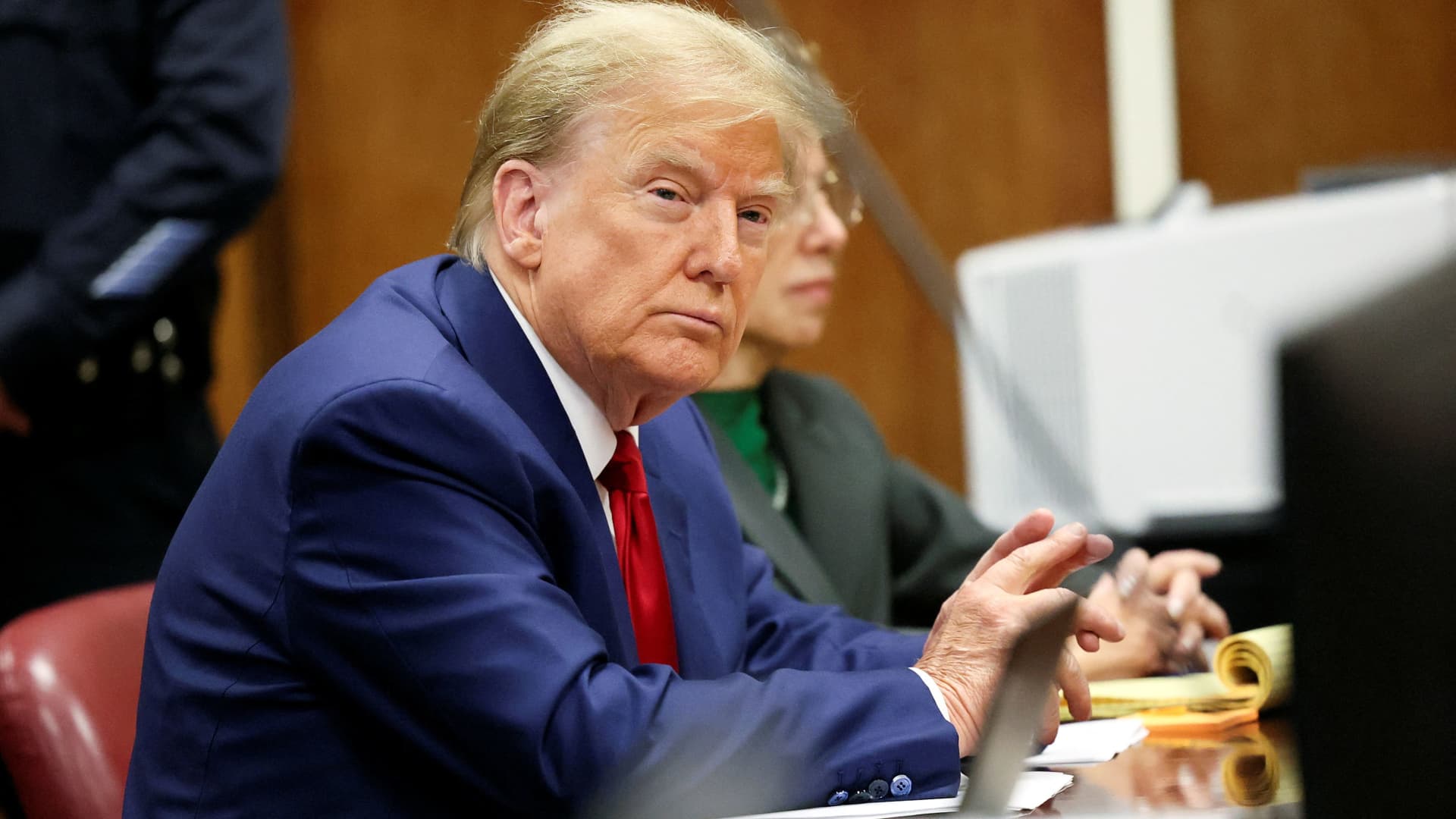
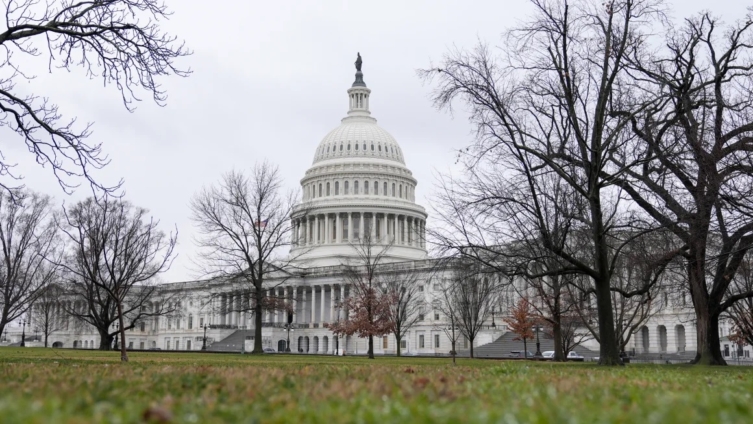
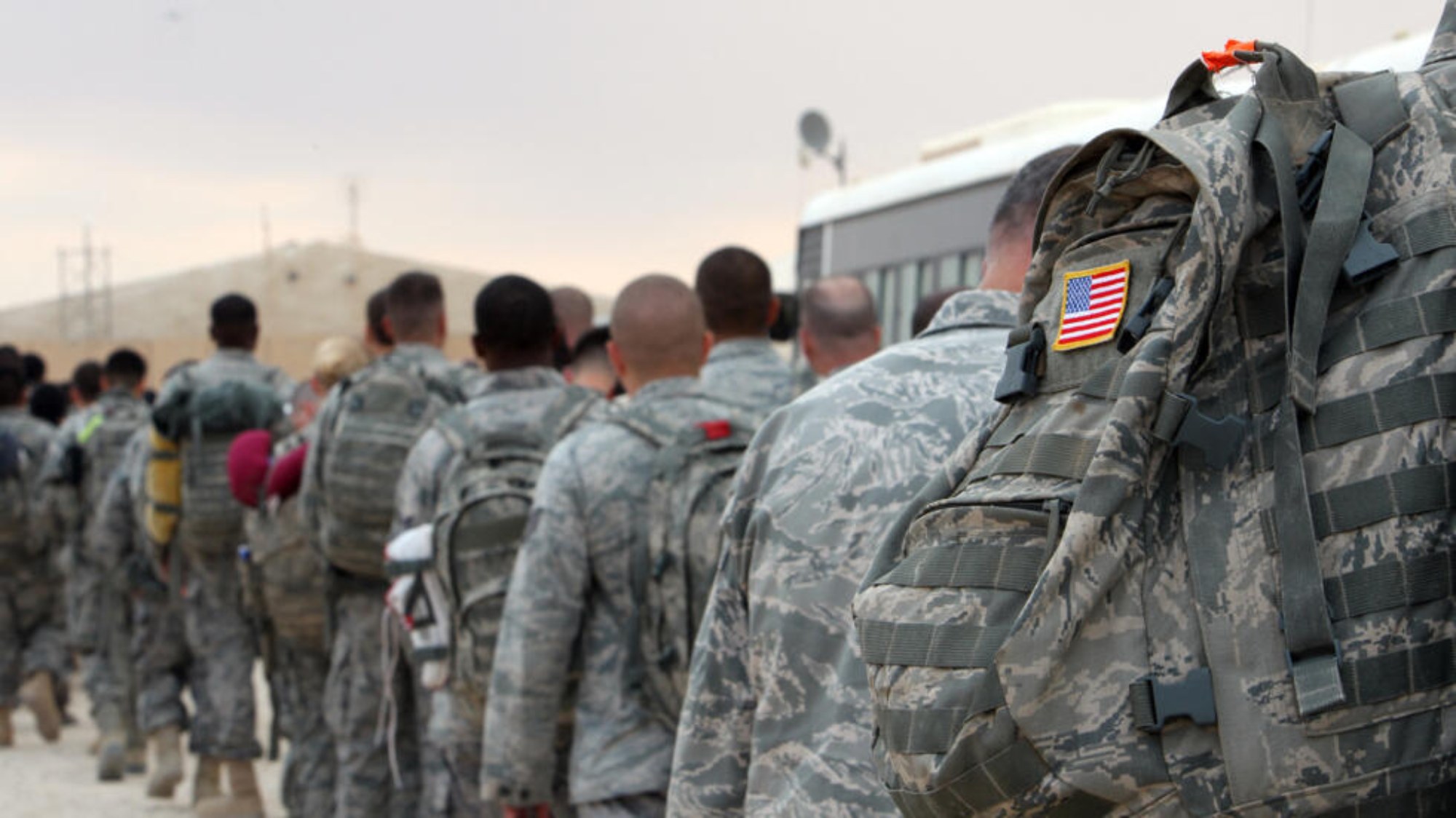

.jpg)


.jpg)